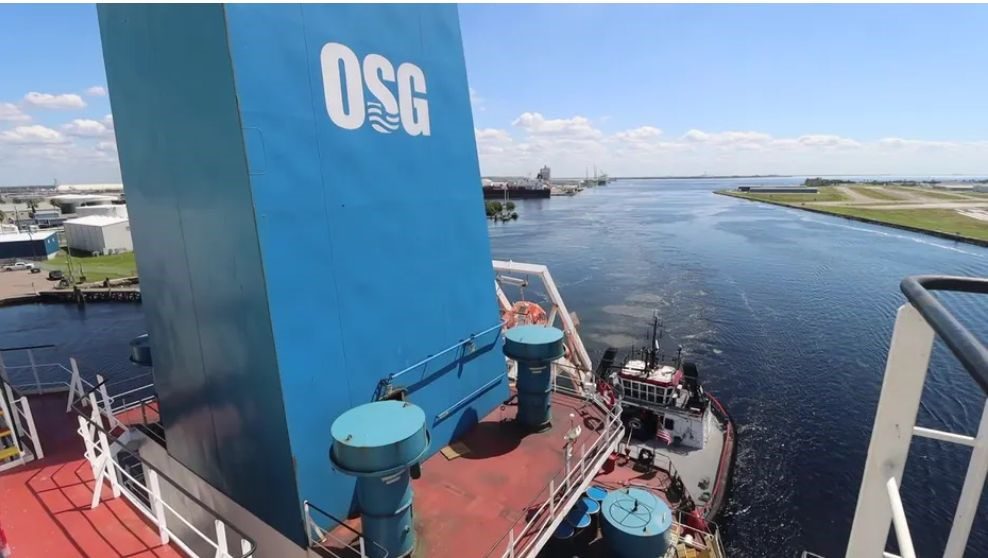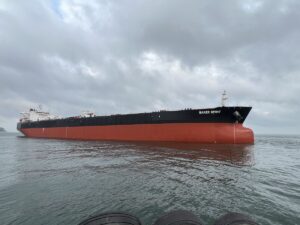Florida-based Overseas Shipholding Group, a major operator of tankers and ATBs in the Jones Act industry, strikes an increase of 30.0% in company´s shipping revenues for 2022, with the top management claiming that “improving market conditions have resulted in OSG achieving more stability in its financial profile and greater visibility of forward cashflows to an extent not seen for many years.”
The company´s shipping revenues rose to $466.8 million in 2022, an increase of $107.7 million in comparison with the year before. OSG saw an increase of $26.3 million in revenues for the fourth quarter in comparison with the same period in 2021. Its shipping revenues for the fourth quarter were $121.8 million.
The operator reported also net income for 2022 of $26.6 million, compared to a net loss of $46.3 million in the year 2021. Net income for the fourth quarter of 2022 was $10.1 million compared to a net loss of $3.7 million for the fourth quarter of 2021.
Sam Norton, President and CEO of OSG, says that the “business environment for OSG has shifted away from the defensive posture that has characterized much of the past three years.”
As the same time, the company reported that last December, OSG redelivered three conventional Jones Act tankers leased from American Shipping Company, and exercised its option to extend the terms of six chartered-in vessels for an additional three years, with terms now ending in December 2026.
The increase was partially offset by fewer vessels in OSG´s fleet, as the company sold one MR tanker, the “Overseas Gulf Coast”, in June 2021 and returned three conventional tankers leased from American Shipping Company in early to mid-December 2022, a 38-day increase in scheduled drydocking, and a 15-day increase in repair days.
OSG’s 21 vessel U.S. Flag fleet now consists of three Suezmax crude oil tankers doing business in Alaska, two conventional ATBs, two lightering ATBs, three shuttle tankers, seven MR tankers, and three non-Jones Act MR tankers, which two of the three participate in the U.S. Maritime Security Program, and one tanker in cold layup.



